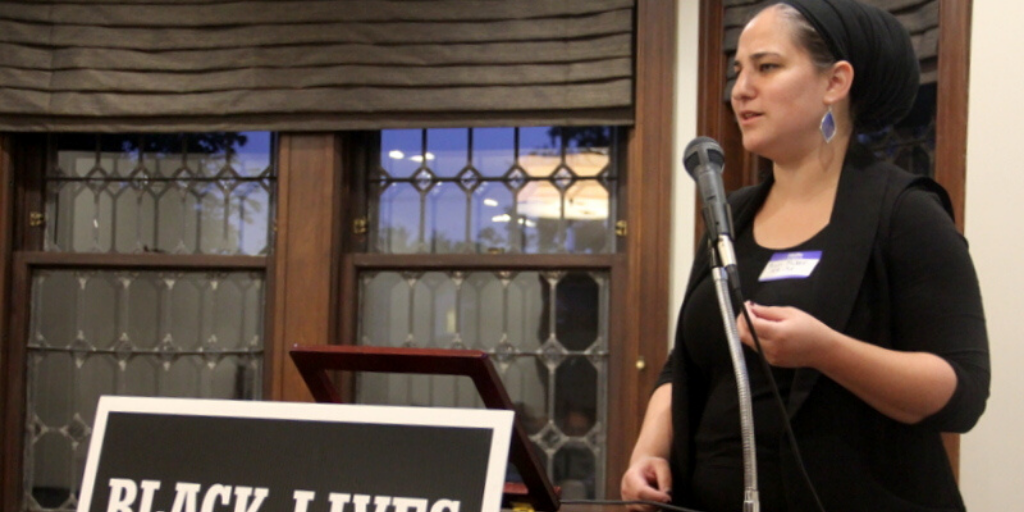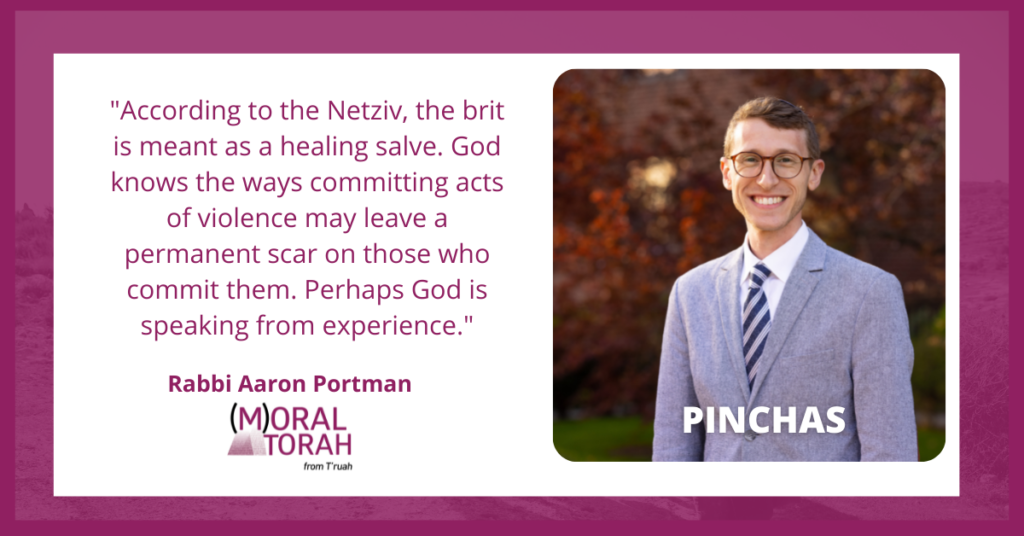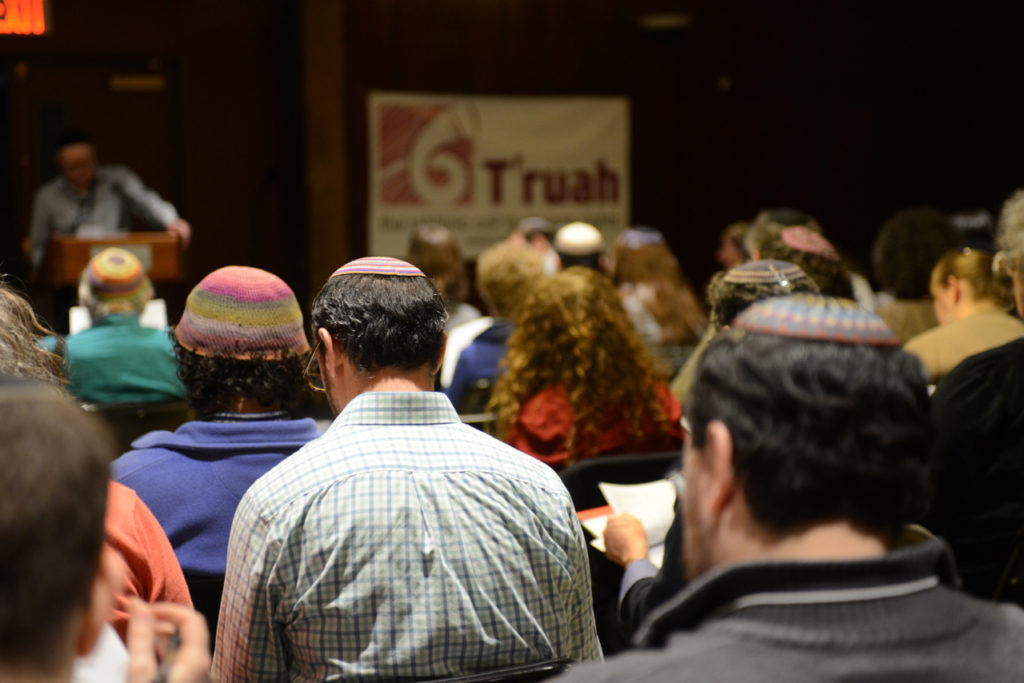
Justice for the Land and Its Inhabitants
Commentary on Parshat Behar (Leviticus 25:1 – 26:2) In Leviticus 25, the Torah famously explains the practice of the sabbatical year (shmitah) and the jubilee year (yovel), in which those who work the land refrain from farming in order to let the land rest. It’s not hard to see a connection between the ancient practice...
read more









